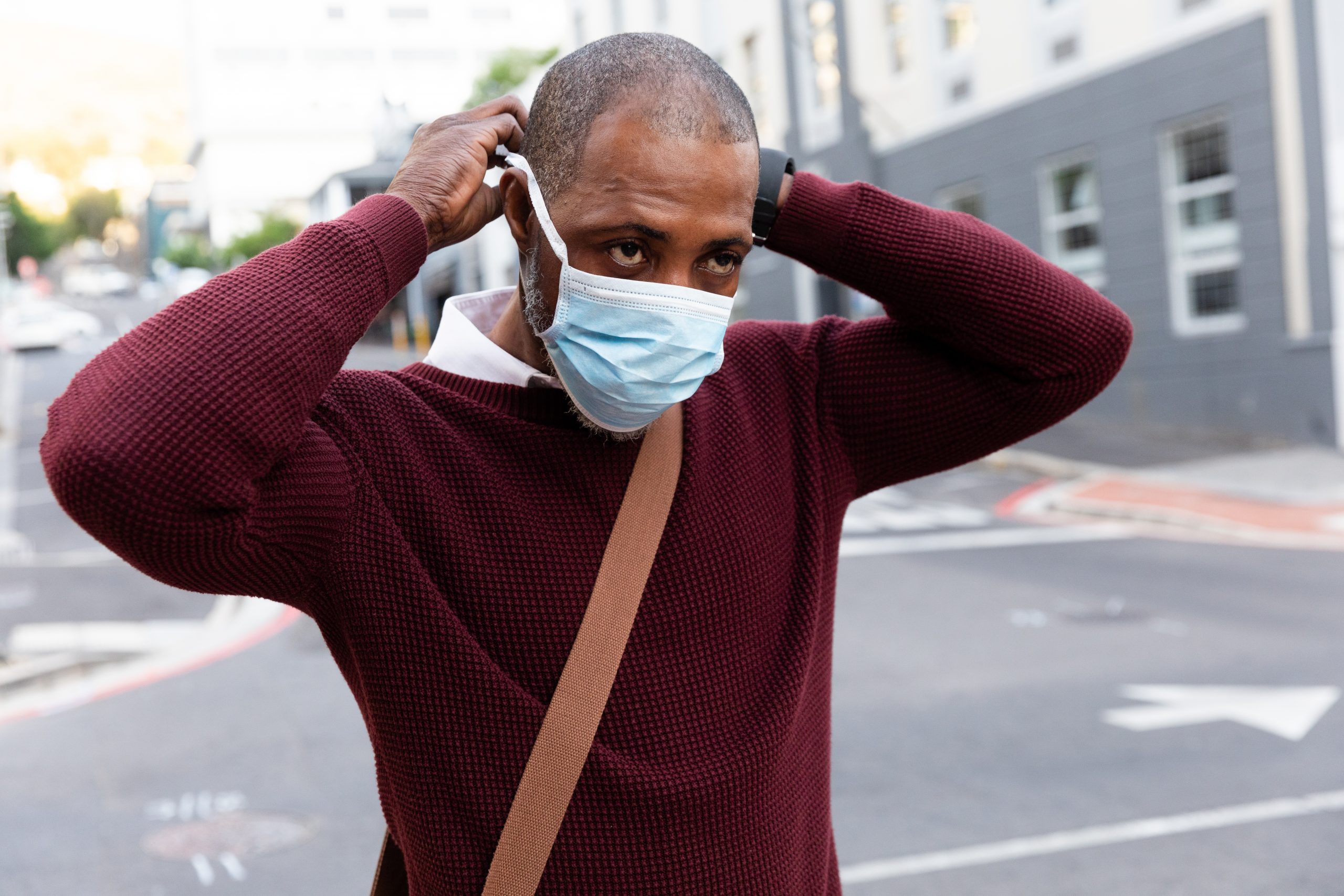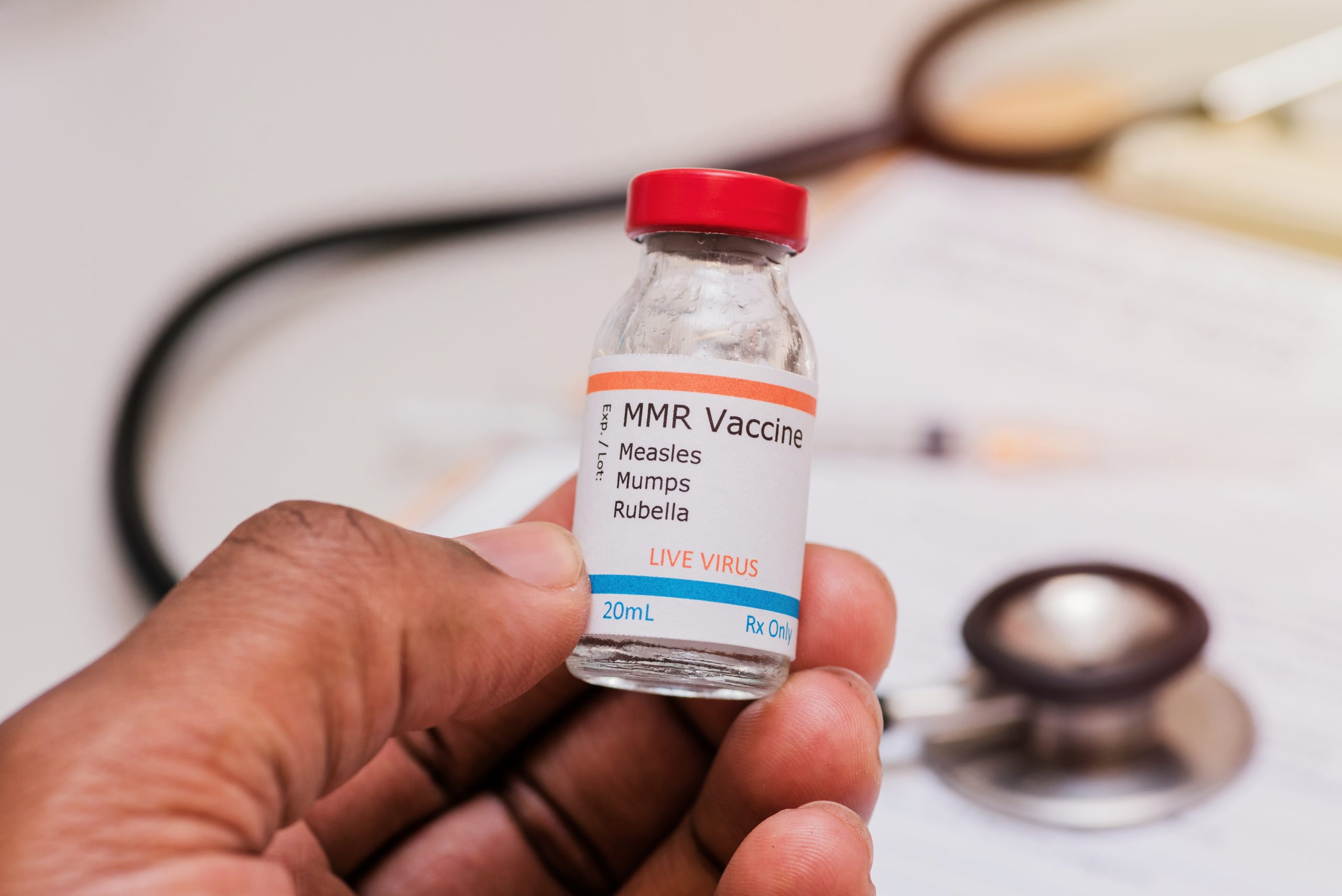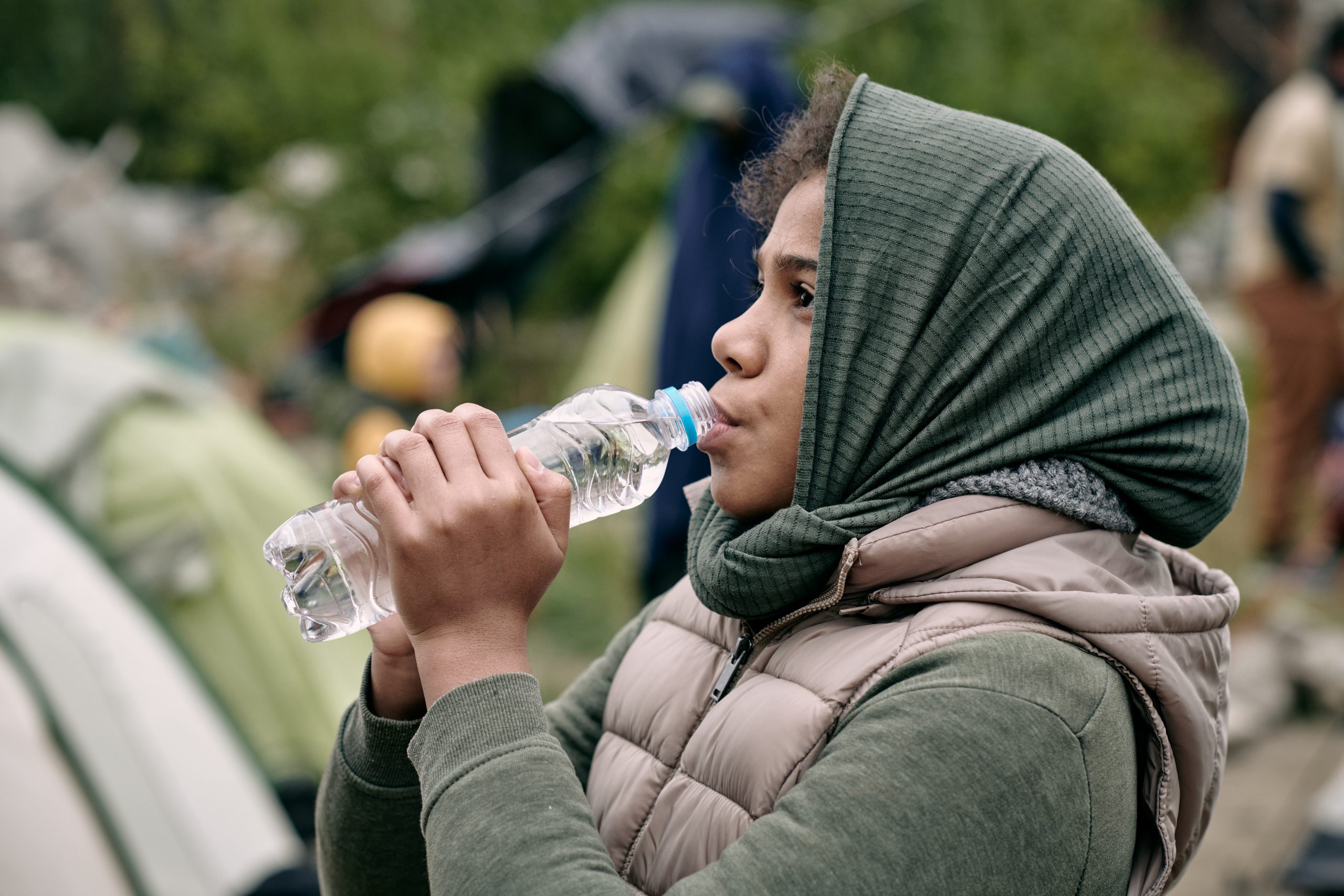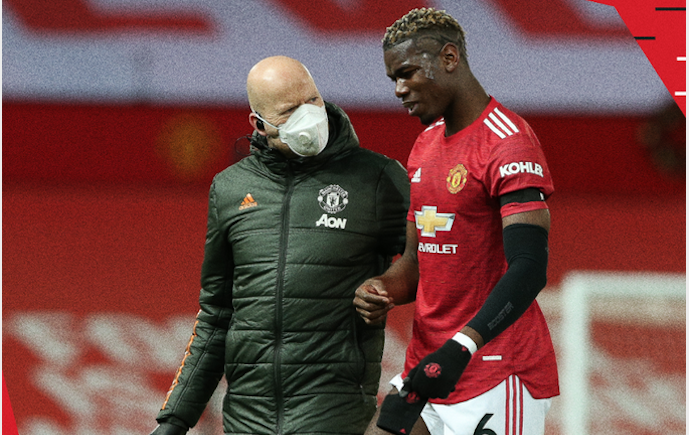HEALTH
AFRICA: COVID-19 cases exceed 100,000

WHO for Africa issued a statement dated 22 May 2020. The World Health Organization has addressed the number of confirmed cases on the continent through its attached release:
Brazzaville/Cairo, 22 May 2020 – The COVID-19 pandemic has reached a milestone in Africa today, with over 100,000 confirmed cases. The virus has now spread to all countries on the continent since the first case was confirmed in the region 14 weeks ago.
Although it has crossed this threshold, the pandemic, which has hit a large part of the world with devastating force, seems to be heading in a different direction in Africa. The number of cases has not increased at the same exponential rate as in other regions and so far Africa has not experienced the high mortality observed in some parts of the world.
Today, there are 3,100 confirmed deaths on the continent.
By comparison, when cases reached 100,000 in the World Health Organization (WHO) European region, deaths were over 4,900. Early WHO analyses suggest that the low mortality rate in Africa could be the result of demographics and other possible factors. Africa is the youngest continent in terms of population, with over 60% of the population under the age of 25. Older adults have a significantly higher risk of developing a serious illness. In Europe, nearly 95% of deaths occur among people over the age of 60.
African governments have made difficult decisions and have been quick to impose containment measures, including physical and social distancing, that will have a significant socio-economic cost. These measures, which, with the search for contacts and isolation, the extension and increase of hand washing, helped to slow the spread of the virus.
“So far, the continent has been spared the high number of deaths that have devastated other parts of the world,” said Dr. Matshidiso Moeti, WHO Regional Director for Africa. “ It is possible that the dividend of our youth will bear fruit and lead to fewer deaths. But we must avoid the trap of complacency because our health systems are fragile and less able to cope”.
The continent has made significant progress in testing with approximately 1.5 million COVID-19 tests conducted to date. However, screening rates remain low and many countries continue to need support to increase screening. There is a need to expand screening capacity in urban, semi-urban and rural areas, and to provide additional test kits.
Cases continue to grow in Africa, and while it took 52 days overall to reach the first 10,000 cases, it only took 11 days to increase from 30,000 to 50,000 cases. About half of the countries in Africa have Community transmission. More than 3,400 health care professionals have been infected with COVID-19. It is important that health authorities prioritize the protection of health care personnel against COVID-19 infection in medical facilities and communities. It is also necessary to provide sufficient personal protective equipment to health care professionals and to raise awareness, as well as to strengthen the prevention and control of infections in health care facilities.
Testing as many people as possible and protecting health professionals who come into contact with suspected and confirmed cases are crucial aspects of this response. Despite global shortages, we strive to prioritize delivery of test kits and personal protective equipment to low- and middle-income countries with the most vulnerable populations, based on the number of reported cases.” said Dr Ahmed Al Mandhari, WHO Regional Director for the Eastern Mediterranean.
Despite the relatively low number of COVID-19 cases in Africa, the pandemic remains a major threat to the continent’s health systems. A new WHO modelling study predicts that if containment measures fail, even with a lower number of hospitalizations than elsewhere, medical capacity in much of Africa would be exceeded.
Now that countries are beginning to relax their containment measures, the number of cases may increase considerably. It is essential that governments remain vigilant and ready to adjust measures based on epidemiological data and an appropriate risk assessment.
WHO has offices in every country on the continent and works closely with the African Centers for Disease Control, the ministries of health, United Nations agencies and other partners to support scaling-up of the response through coordination, technical expertise, provision of essential medical equipment and assistance in data collection and analysis. The WHO has trained over 7,000 health professionals, including 1,000 district health teams to support the decentralization of the response. To date, more than 225 experts have been deployed to more than 39 countries in Africa and more than 900 staff have been reassigned to regional and national levels to support the response.
HEALTH
COVID 19 – A new variant we discovered

According to a senior official at the World Health Organization, a new highly mutated variant of COVID called BA.2.86 has been discovered in several countries including Switzerland, South Africa, as well as Israel, Denmark, the United States and the United Kingdom.
According to “Reuters”, the variant was first spotted in Denmark on 24 July after sequencing of the virus infecting a patient at risk of becoming seriously ill”. And so it was detected “in other symptomatic patients, during routine checks at airports and in wastewater samples in a handful of countries”.
Thus, scientists have indicated that “although it was important to monitor BA.2.86, it was unlikely to cause a devastating wave of serious illness and death given the immune defenses developed worldwide as a result of vaccination and previous infection”.
WHO COVID-19 technical officer Maria Van Kerkhove said, “The numbers are still low”. But the reduction in global surveillance could lead to rapid circulation of the virus…
HEALTH
TOBACCO CONTROL: Seven out of 10 people protected by anti-smoking measures

A new report from the World Health Organization (WHO) highlights that 5.6 billion people, or 71% of the world’s population, are now protected by at least one good practice policy to save lives from deadly smoking, five times more than in 2007.
Over the past 15 years, since WHO’s MPOWER measures were introduced globally, smoking rates have fallen. Without this reduction, the UN World Health Agency estimates that there are now 300 million more smokers worldwide. This new WHO report on the global tobacco epidemic focuses on protecting the public from passive smoking, noting that nearly 40% of countries now have fully non-smoking indoor public places. The report assesses the progress made by countries in tobacco control and shows that two other countries, Mauritius and the Netherlands, have reached the level of best practices for all MPOWER measures, a feat that only Brazil and Turkey have achieved so far. These data show that, slowly but surely, more and more people are protected from the harms of tobacco by WHO policies based on evidence and best practices.”said Dr Tedros Adhanom Ghebreyesus, Director-General of WHO, congratulating Mauritius on becoming the first country in Africa and the Netherlands on becoming the first country in the European Union to implement WHO’s comprehensive tobacco control policies at the highest level. Eight countries are only one policy away from joining the leaders of tobacco control: Ethiopia, Iran, Ireland, Jordan, Madagascar, Mexico, New Zealand and Spain. However, much remains to be done: 44 countries are not protected by any of WHO’s MPOWER measures. At the same time, 53 countries have still not adopted a total ban on smoking in health facilities. In addition, only half of the countries have smoke-free private workplaces and restaurants.
Passive smoking
“WHO urges all countries to implement all MPOWER measures at the level of best practices to fight the tobacco epidemic, which kills 8.7 million people worldwide, and to oppose the tobacco and nicotine industries, who are lobbying against these public health measures,” said Dr Ruediger Krech, Director of Health Promotion at WHO. About 1.3 million people die each year from second-hand smoke. All of these deaths could be prevented. People exposed to second-hand smoke are at risk of dying from heart disease, stroke, respiratory disease, type 2 diabetes and cancer. In this fight against tobacco, the ban on smoking in public spaces is only one of the measures of the Effective Tobacco Control Package, MPOWER, designed to help countries implement the WHO Framework Convention on Tobacco Control and stem the tobacco epidemic. The paper shows that all countries, regardless of income level, can lower the demand for deadly tobacco, achieve major public health victories and save billions of dollars in health care and production costs.
HEALTH
SENEGAL – 400 cases of measles recorded

Measles is back in force, with more than “400 cases recorded nationally”. It is a revelation of Doctor Boly Diop, responsible for epidemiological and post-vaccination surveillance at the Ministry of Health and Social Action, on Thursday, July 13, 2023.
“Performance in the first half of the year revealed the existence of a measles epidemic,” said Dr. Boly Diop, noting that Fatick is the only one of the country’s 14 regions that has yet to register a confirmed case of measles.
Outside of Fatick, all regions have confirmed cases of measles and there are districts that have become epidemic. This means that today, measles is back in force, there are confirmed cases and epidemics that are recorded throughout the regions,’ he said, on the sidelines of a quarterly coordination meeting for epidemiological surveillance.
-

 EAST AFRICA1 year .
EAST AFRICA1 year .TANZANIA – President meets with Chairman of the Board and CEO of the Merck Foundation
-

 CULTURE2 years .
CULTURE2 years .AFRICA – African writers and artists celebrate the 20th anniversary of the African Union
-

 BUSINESS8 months .
BUSINESS8 months .GUINEA – Authorities demand repatriation of mining revenues
-

 IMMIGRATION10 months .
IMMIGRATION10 months .AFRICA – Migrant smuggling brings 59 billion CFA francs to smugglers per year
-

 A LA UNE3 years .
A LA UNE3 years .GUINÉE: Manchester United: Paul Pogba absent several weeks
-

 CULTURE1 year .
CULTURE1 year .SENEGAL – Massamba Guèye wants to democratize the story
-

 CULTURE3 years .
CULTURE3 years .SENEGAL – “Sadik Lady” by Viviane Chidid
-

 CHAUD TOO CHAUD3 years .
CHAUD TOO CHAUD3 years .POLITICS – [INTERVIEW EXCLUSIVE] – MADAGASCAR – Fanirisoa Ernaivo, a politician and activist committed to the rule of law and respect for democracy



